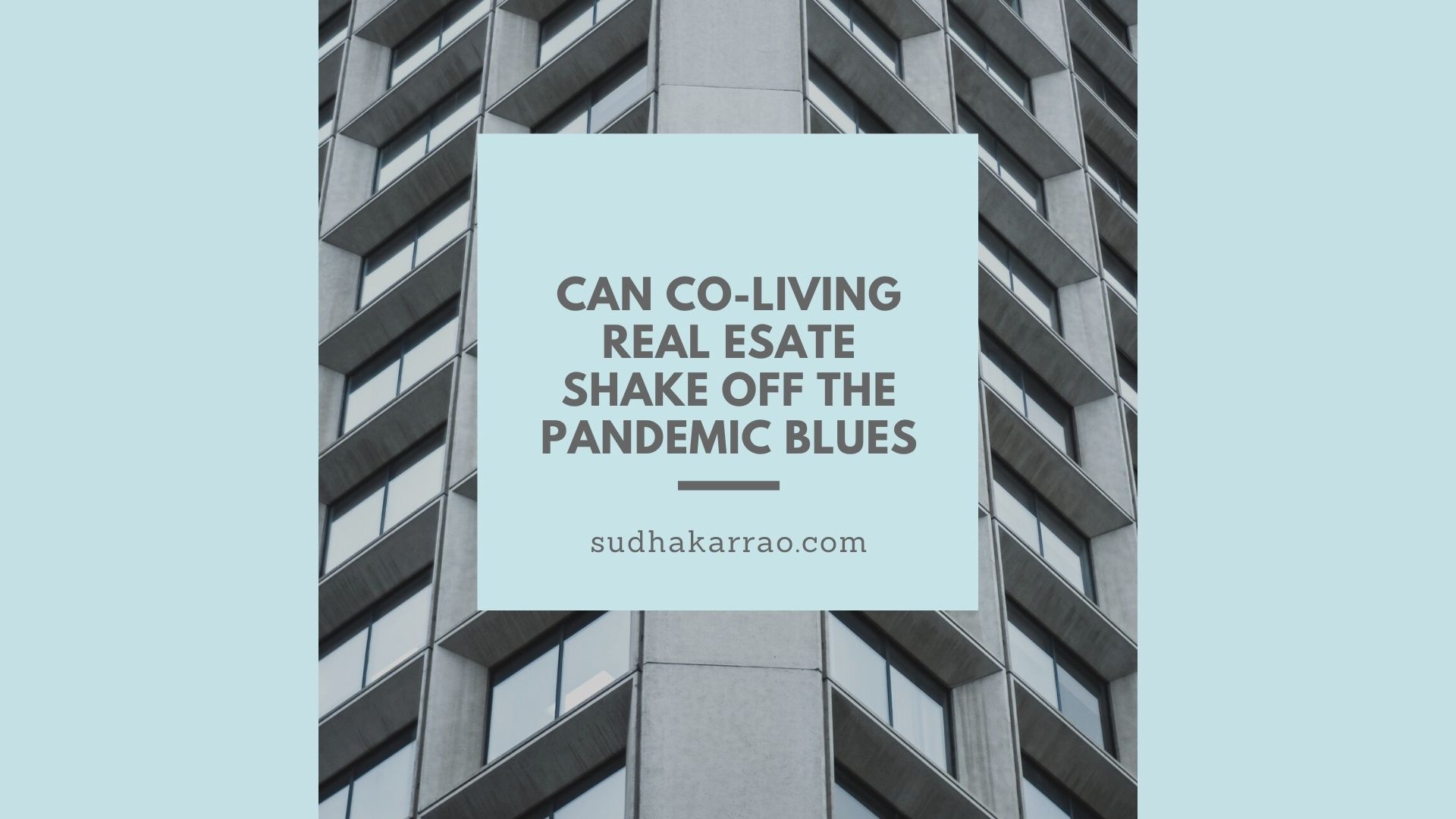Can co-living real estate shake off the pandemic blues?
Co-living has broad connotations. Typically, it pertains to a shared housing that accommodates two or three biologically unrelated people. However, “sharing rooms” is not legal in the UAE. So, co-living in the UAE revolves around purpose-built communities that provide separate housing for people with shared values. It often accompanies common areas for work and socializing. Many such facilities had sprung up in Dubai in recent years, particularly catering to young professionals, transient expats, SME owners, digital nomads, and freelancers. However, as the pandemic made people wary of transmission, such close-knit communities fell out of favour. Today, with post-pandemic recovery underway and vaccination-led mitigation of transmission risks, will the UAE’s co-living segment make a comeback?
Lifestyle changes driven by COVID-19
The COVID-19 pandemic and accompanying increase in remote working have given rise to a new “digital nomad” lifestyle(1). This has blurred the boundaries between personal and professional lives. In other words, work and leisure go hand in hand for a lot of people now. As a result, the sluggish co-living segment has found a new lease of life, with a few leading players looking to capitalize on it, particularly through new projects. In the meantime, these projects are expected to align with the pandemic-induced emphasis on end-user wellness, convenience, affordability, and transparency. And there is a vast, untapped market for developers who can tailor their offerings accordingly.
Increasing virtual workforce – a golden opportunity for Dubai
One of the key narratives that contributed to the success of the celebrated television series ‘Friends’ was the characters’ desire to live close by, or “across the hall” as they often termed it. For the uninitiated, the show’s characters had a living arrangement in which each had access to private spaces as well as common ones (remember the conveniently located “The Central Perk” coffee shop downstairs?). The co-living real estate is predicated on the same community spirit. So, with the rise in remote working, the need for such spaces has only amplified.
Real estate groups in Dubai and the wider UAE are now looking to recreate a similar ambience(2) through apartment blocks. Such community housing is ideal for people who have minimal-but-definite requirements: good food, uninterrupted utility services, guaranteed safety and security, recreational spaces.
In fact, many existing “co-living” facilities in Dubai do offer places like cafés, gyms, indoor gaming arenas, co-working lounges, reading and creative thinking spaces, music rooms, etc., within the hybrid facility or in close proximity. For the tech-savvy generation of today, especially ones who value privacy and individuality but also cherish the joy of social interactions, such facilities tick all the boxes in the now, post-pandemic context.
Expats also find co-living spaces quite attractive. Lower rents (and more flexible payment terms, short-term lease, zero lock-in periods), comfortable living, and the prospect of making new friends in a relatively new city are some of the factors encouraging expats to opt for co-living housing. The government’s ‘virtual working programme’, which will allow people to live in the UAE while working for overseas companies, is a timely tailwind for the co-living segment.
The way forward
The impact of co-living facilities on the local real estate landscape is expected to be two-pronged. Firstly, the residential units will be cheaper to rent and buy. This can create a new market of young, first-time homebuyers (or renters) who would have struggled to afford a living space of this quality in the past. In fact, the charm of co-living could incentivize developers to make purpose-built, hybrid communities with smaller individual houses and greater common areas and experiences.
If anything, the pandemic has underscored the need for greater social connections and a sense of community. And, as a sector that moves with consumer sentiment, real estate could soon witness many developments tailored around the principle of “co-living”. Dubai, for its part, has the people-centric governance and an innovation-focused developer community to energize a segment that is longing to make a strong comeback.
- https://economictimes.indiatimes.com/small-biz/sme-sector/with-tech-and-innovation-co-living-sector-may-thrive-in-2022/articleshow/88587147.cms
- https://www.thenationalnews.com/uae/dubai-developers-capitalise-on-new-co-living-trend-as-residents-seek-sense-of-community-1.1159565
- https://gulfnews.com/business/property/are-we-ready-for-co-living-spaces-1.67600890




